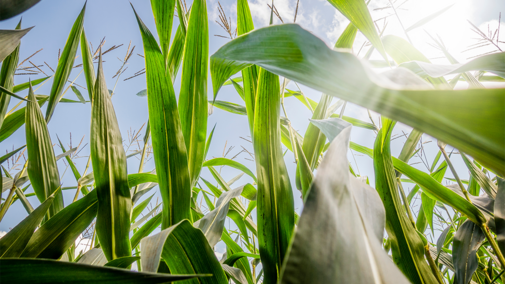For the past two years, I have been involved in an NSF-funded research project titled “RII Track-2 FEC: Supporting Rural Livelihoods in the Water-Stressed Central High Plains.” The overarching goal of this project is to evaluate the potential of microbials and biochar to enhance soil water holding capacity (hereafter, WHC), thereby improving drought resilience in crop production and reducing irrigation demand to slow aquifer depletion. Visit the project website for more details. A key component of this research is assessing the economic viability of these interventions, a task for which I am responsible.
To understand the economic benefits of increasing soil WHC, I estimated its impact on the resilience of crop yields during droughts using county-level yield and soil data. In this blog post, I present preliminary results from this analysis.

